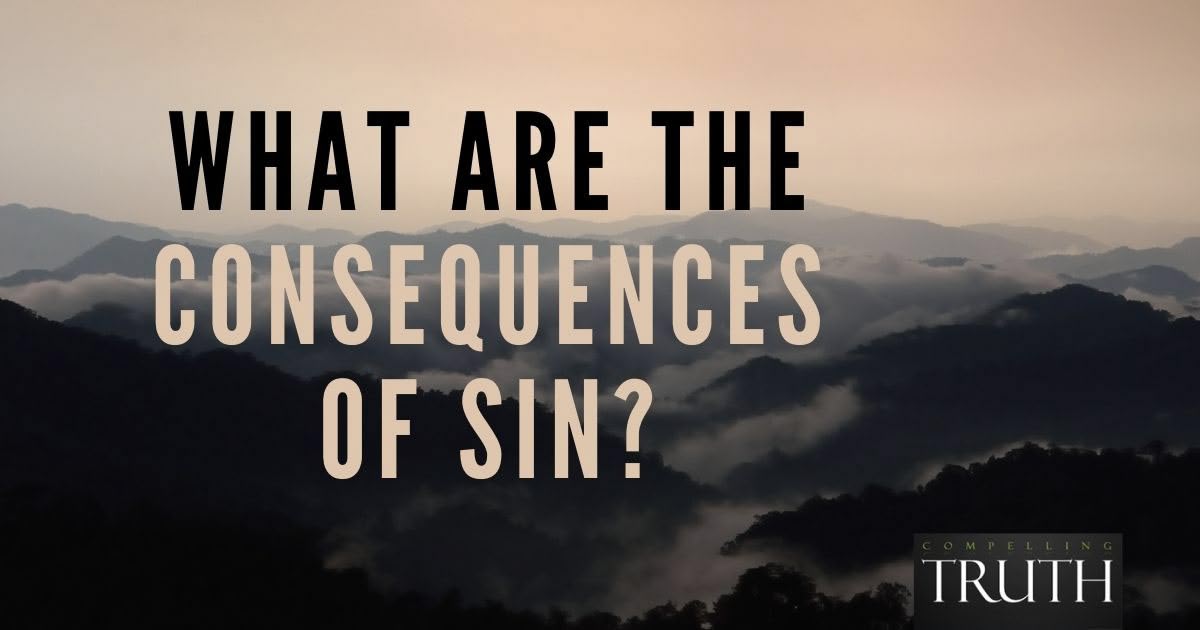We suffer the consequences of Adam’s sin because he acted as humanity’s representative; his disobedience brought sin and death into the world (Genesis 3:6, Romans 5:12-19). Though we didn’t eat the fruit, we inherit his sinful nature and live in a broken world affected by that first rebellion (Psalm 51:5; Genesis 3:17-19). Suffering the consequences of Adam and Eve’s sin is not unjust, for just as Adam’s sin was counted to us, Jesus’ righteousness can also be counted to us through faith (Romans 5:15-21; 2 Corinthians 5:21). We all commit our own sins too, so we aren’t innocent victims. We need the grace and salvation God freely offers in Christ (Romans 3:23; Colossians 2:13-14). In Christ, we’re not only forgiven but given a new nature, and one day we will be freed completely from the presence of sin (Romans 6; Revelation 21:3-5).
We may vainly imagine that if we were in Adam's position, we would have obeyed and not eaten the fruit. However, that position is misguided on at least two accounts. Firstly, Adam, having been born in paradise and without a predisposition toward sin, was in a much more advantageous position to resist than we are now, yet he succumbed to Satan's temptation. Given similar circumstances, why would we assume we would be any different from Adam? Secondly, God is omniscient. Therefore, He knows not only everything that was, is, and is to come; but He also knows everything that is possible. If it were unjust for God to allow Adam's descendants to be punished for his sin, then God would not have done it. If it were possible that a hypothetical, sinless you or I could have remained obedient to God in the face of temptation, God would not have allowed us to be punished for Adam's sin. However, this is absurd because there cannot logically be descendants of Adam who preceded him. We are what we are, not what we wish we had been. Just as we had no control over our physical characteristics, mental capacities, place of birth, and numerous other circumstances, we cannot control that we are born with a sin nature (Psalm 51:5; 139:13-16).
Though we did not eat the fruit, we would have sinned just as Adam and Eve did. So as their descendants, we now carry the sin nature. We experience the consequences of living in a fallen world as well as the ill effects of our own sins. But we can also enjoy the mercy, grace, and forgiveness of God. As followers of Jesus, we reap the benefit of a righteousness that is not our own. He lived a righteous life and imputed His righteousness to us, taking our sin upon Himself so that we might be saved and made new (1 Corinthians 15:21-22; 2 Corinthians 5:17-21). We live in a world marred by sin now, but in Christ we are freed from the dominion of sin, and one day we will be freed from the presence of sin (Romans 6; 8:29-30; 2 Corinthians 3:18; Philippians 1:6; Revelation 21—22 ). We can express and Paul did, "Thanks be to God for his inexpressible gift!" (2 Corinthians 9:15).




